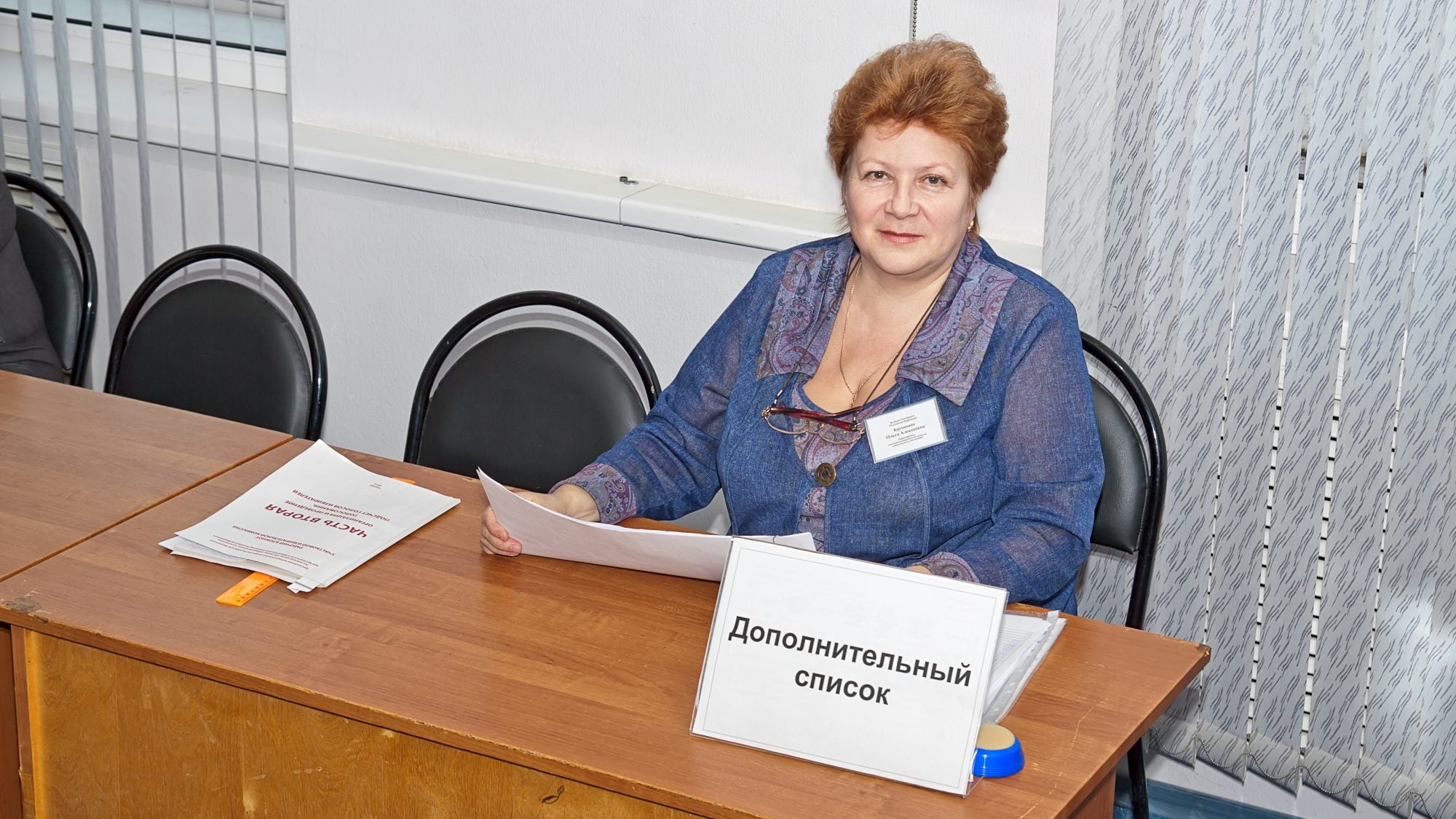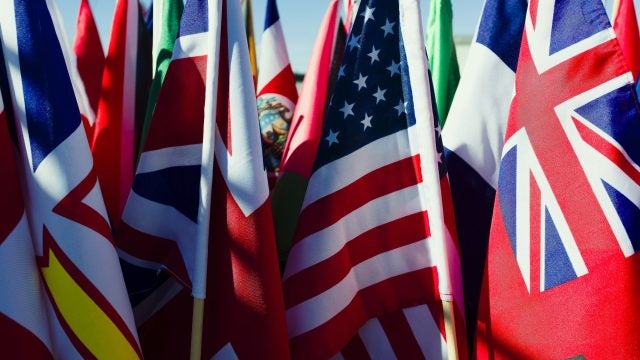
Title: Rebranding Russia: The Promise of Putin
On March 4th many voters attested to choosing Vladimir Putin because he represents “stability,” and because they can be sure that “nothing will change.” But this is not why, twelve years after his first presidential victory, Putin should have won. Unmovable vertical power—a one-man show with a close-knit posse of Kremlinites—has sustained Putin’s tenure in Moscow. It is now time to rethink Russia.
The Times Literary Supplement’s survey of recent Putin literature acknowledges that imaging is the greatest task confronting Russia today: The Kremlin’s biggest problem is that it is “pitifully incapable of grasping its image-making challenges.”
Yet Putin began with successful branding. In 1999, he embodied stability, something Russia needed after abandoning one way of life and embracing an entirely different one. When seesawing, a stable base prevents a structure from toppling—as Russia nearly did under Boris Yeltsin. By representing a strong base, Putin was able to build the thin foundation of democracy on which Russia rests today.
Rebranding Russia presents a challenge because, under Putin, Russia’s contradictory nature has been exposed and perpetuated by negative images. The international community blames Russia’s inconsistency on poor political leadership, which has proven unable to enact long-term policies to correct demographic decline, improve financial transparency, or even hold legitimate elections.
From the increasing levels of drug-related deaths to the widespread bribery in most institutions, it is clear that Russians have captured negative branding. Nowhere does the negative perception of most Russians by higher-up Russians exist more than in politics. To move away from the image of the “strong, unshakable” leader, Putin needs to not only represent the people but to respect the people as a legitimate institution. In televised post-election addresses to citizens of small towns in Russia, Putin has begun to uphold this standard.
But the losing candidates appearing on the state-run Channel One’s roundtable on election night seemed a mockery of the electoral process. Discussing why Putin won, they interrupted each other, undermining their authority. Zhirinovsky, who drives a Maybach and consistently runs and loses to Putin, yelled in a lemon-yellow jacket about the “ugly newborn” of Russian politics, referring to Prohorov, the other candidate. Meanwhile, Prohorov has been accused of running as a Kremlin decoy. These bickering billionaires hardly seemed capable of running a nation.
If the state-run channel cannot take seriously the political process, what reason do Russians have to lay claim to its legitimacy? This is why it is important now to disarm Russians of their conviction in the corruption and falsity of their nation. Putin may do this.
Having established minimal post-Soviet stability and having dipped his feet into democracy, Putin is on the brink of fulfilling his promises. In 2006, he promised a program of $10,000 in credits and subsidies for mothers who had a second or third child. He also endorsed a decree that called for Russia’s population to stabilize at about 145 million people by 2025. In 2008, the Kremlin created an economic plan that envisions Russia in the top five global economies by 2020 with an average annual economic growth rate of 6.6 percent between 2007 and 2020. Putin has vowed to add $160 billion to the budget for pension and pay increases for the armed forces, teachers and doctors. In 2012 he pushed through a 33 percent rise in defense, security and police spending. Most significantly, he’s promised to establish the rule of law and to reform the economy.
Putin can do this better than any other candidate because he has failed to keep his promises before, and failure is a marker of potential future success. Russians were right to vote for Putin because those nostalgic for the Soviet era in part miss the positive outlook on Russian society from above. After all, the Kremlin had to create a new image after the fall of the USSR. Twenty years later, the Russian people are ready to reconstruct their country’s image.
America’s embassy-held elections in New York, Washington DC, and Chicago yielded an overwhelming majority of pro-Porhorov responses. Porhorov, the ingénue of Russian politics, has real experience with financial matters, but fiscal reform cannot be the first focus of a country brimming with natural resources and already riddled with unclean financial practices. First, social reform to promote equal opportunity and mutual respect must exist at a basic level.
The fact is Russia has billions of dollars of foreign exchange. With that, and with the equally colossal potential of Russia’s human capital, it is possible to picture a leader moving forward from the image of ‘stability’ to an image of ‘reconstruction’—of building Russia into the democratic country it could be. This takes not money, but politics for the polis and polites (the city and the citizens).
. . .
Masha Goncharova is a sophomore at Georgetown University and an editorial assistant for the Georgetown Journal’s Books Section. She is a native of Moscow, Russia.
Image Credit: PereslavlFoto, CC BY-SA 3.0, via Wikimedia Commons
This is an archived article. While every effort is made to conserve hyperlinks and information, GJIA’s archived content sources online content between 2011 – 2019 which may no longer be accessible or correct.
Recommended Articles

This article compares U.S. and Chinese approaches to artificial intelligence (AI) exports in Africa and examines how these disparate approaches have produced both downstream benefits and challenges for the region.

On May 20, 2025, the World Health Assembly unanimously adopted the World Health Organization (WHO) Pandemic Agreement, an international treaty designed to strengthen pandemic prevention, preparedness, and…

As the Trump administration proposes a sweeping overhaul of the US foreign assistance architecture by dismantling USAID, the Millennium Challenge Corporation (MCC), and restructuring the State Department, there is an…